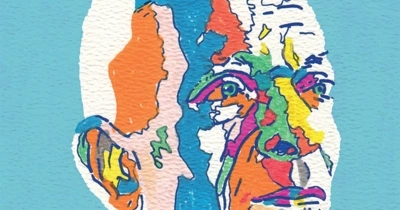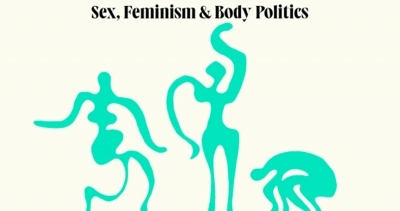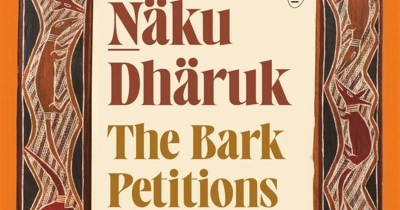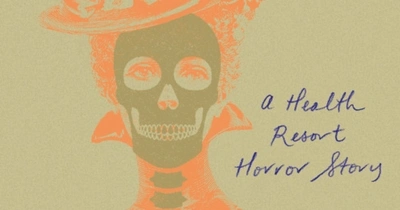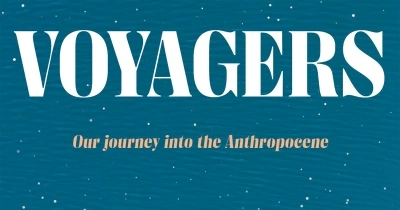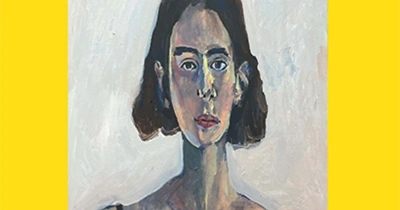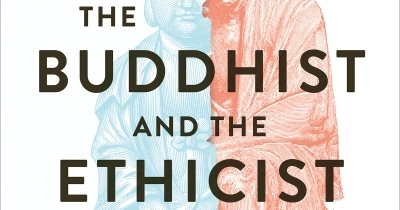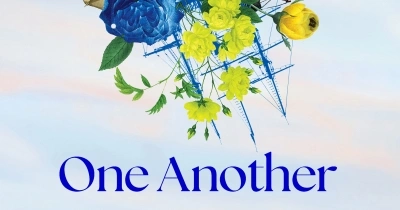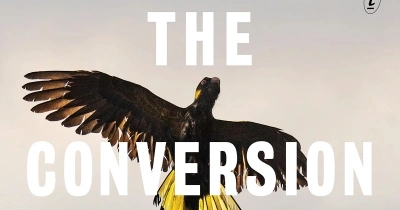Text Publishing
Fearless Beatrice Faust: Sex, feminism and body politics by Judith Brett
by Joy Damousi •
Näku Dhäruk: The Bark Petitions – How the people of Yirrkala changed the course of Australian democracy by Clare Wright
by Heather Goodall •
The Empusium: A health report horror story by Olga Tokarczuk, translated from the Polish by Antonia Lloyd-Jones
by Jonathan Ricketson •
Joan Lindsay: The hidden life of the woman who wrote Picnic at Hanging Rock by Brenda Niall
by Susan Sheridan •
The Buddhist and the Ethicist: Conversations on effective altruism, engaged Buddhism, and how to build a better world by Peter Singer and Shih Chao-Hwei
by Adam Bowles •


